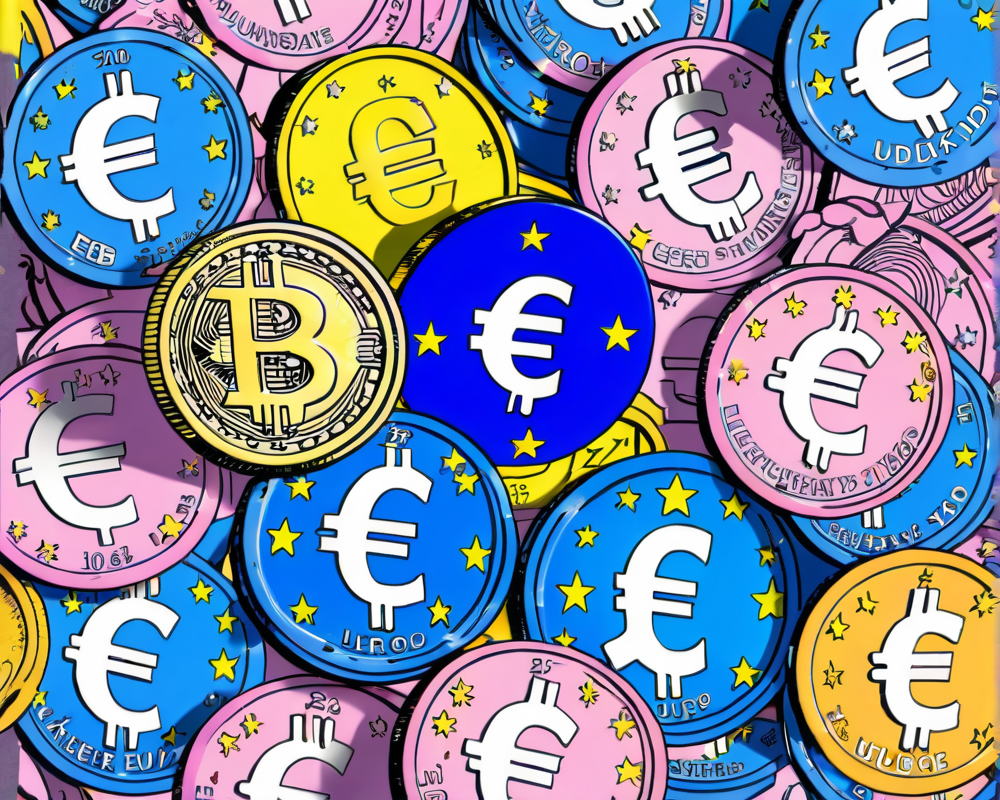The Dawn of a Digital Euro
On October 18, the European Central Bank (ECB) made an announcement that could reshape how we think about money in Europe. The governing council revealed that it will kick off the “preparation phase” for a potential digital euro, following a two-year investigation into the concept. From November 1, they’ll start laying the groundwork for what may be a central bank digital currency (CBDC)—though, don’t cue the confetti just yet; issuing this digital currency isn’t a guaranteed outcome.
The Two-Year Preparation Phase Explained
This preparation phase, spanning two years, is all about getting the ducks (or euros) in a row. The ECB aims to finalize the structural rules and determine potential issuers. The plan? A healthy dose of testing and experimentation, guided by user feedback. Sounds like a tech startup, right? Well, they are hoping to find a balance between innovation and safety.
Deciding the Future of the Digital Euro
After the two-year period, the ECB’s Governing Council will assess whether to proceed towards a potential launch. They’ve made it clear that just because they are preparing, it doesn’t mean a digital euro is a done deal. It’s like saying you’re prepping for a dinner party, but you still have to decide if you actually want guests over. They’re holding off until Europe’s legislative process catches up. It’s a classic case of “let’s not count our chickens before they hatch.”
The Legislative Landscape
In June, the European Commission rolled out a legislative proposal aiming to allow access to the CBDC via banks. Fabio Panetta from the ECB shared his vision for a digital euro that would exist alongside physical cash, maintaining privacy features. So, you could still enjoy that sweet anonymity while buying your daily croissant.
A Bit of Controversy
ECB President Christine Lagarde faced criticism after a light-hearted prank video misrepresented her views on the digital euro potentially being used to monitor payments. In a world fraught with skepticism about digital privacy, it’s no wonder this sparked debate. Some in the crypto community worry that the rollout of a digital euro might symbolize the end of their beloved decentralized finance.
The Road Ahead: What’s Next?
With European Parliament elections coming up in June 2024, the spotlight is firmly on the ECB. While they’re embarking on this digital journey, the regulatory landscape may shift, influencing how—or if—the digital euro makes its debut. For now, the ECB continues to weigh the pros and cons, and all we can do is speculate on where this potentially revolutionary currency might take us.




